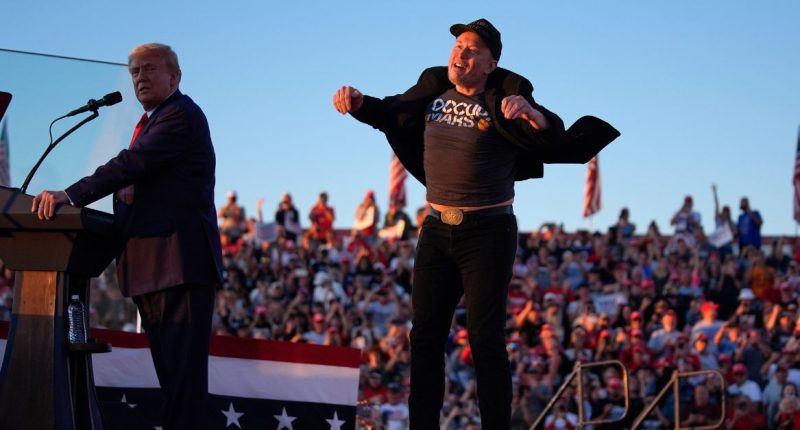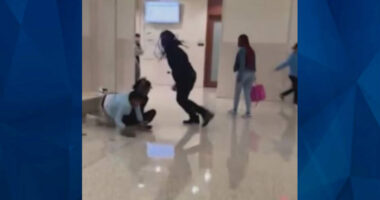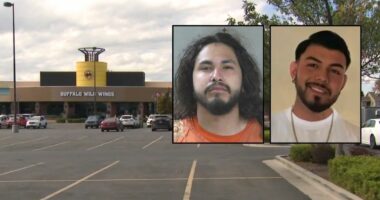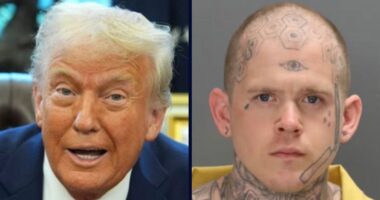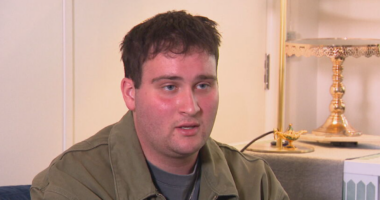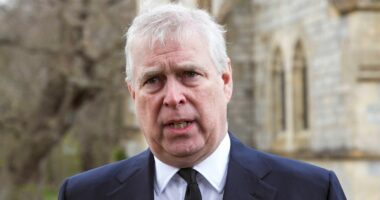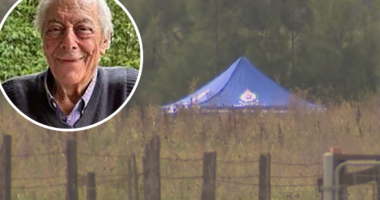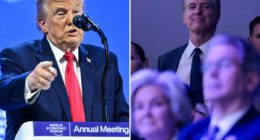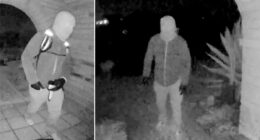Share this @internewscast.com
Elon Musk leaps onto the stage while Republican presidential nominee, former President Donald Trump, addresses a campaign rally at the Butler Farm Show on Saturday, Oct. 5, 2024, in Butler, Pa. (AP Photo/Evan Vucci)
On Tuesday, a Maryland judge handed the Trump administration a win in the legal battle over its contentious plans to extensively reorganize the U.S. Agency for International Development (USAID).
Through a 10-page memorandum opinion, U.S. District Judge Theodore Chuang, who was appointed by Barack Obama, dismissed attempts to question several USAID officials and the leaders of the U.S. Department of Government Efficiency (DOGE), led by Elon Musk.
“[T]he proposed depositions of multiple officials with significant roles in the operation of the government imposes a meaningful burden,” Chuang determined.
In the underlying case, the plaintiffs — 26 current and former USAID contractors and employees — claim Musk possesses “an extraordinary amount of power” without being nominated or confirmed by the Senate, in violation of the Constitution’s Appointments Clause.
Love true crime? Sign up for our newsletter, The Law&Crime Docket, to get the latest real-life crime stories delivered right to your inbox.
To date, Chuang has been broadly suspicious and critical of the government’s efforts — making the Thursday victory for the Trump administration significant.
During a hearing in March, the judge upbraided a U.S. Department of Justice lawyer for not being particularly in the know about DOGE’s leadership. Then, later that month, Chuang issued a preliminary injunction barring Musk and DOGE from making any additional cuts at USAID without the “express authorization” of an authorized agency official. The judge also mused that efforts to diminish the agency’s capacity constitute a “likely unconstitutional shutdown.”
In late April, the plaintiffs filed a 24-page motion for expedited discovery — requesting six depositions, among other information.
The plaintiffs argued they needed limited discovery “to supplement the record” in the case because their efforts had otherwise “largely relied on public information.” And, they said, they needed information from the government fast — because the defendants they sought to depose gave DOGE’s efforts at USAID an expiration date sometime this summer.
“Thus, as a practical matter, at some point this summer, Plaintiffs will lose the ability to meaningfully achieve the injunctive relief they seek and thus will no longer be able to vindicate their constitutional rights,” the plaintiffs argued.
But the judge suggests the plaintiffs have, for now at least, overplayed their hand — or at least tried the wrong suit of cards.
The court says the plaintiffs failed to show good cause for their expedited discovery requests — despite limiting them considerably — because they are simply too “accelerated” and burdensome.
And, to hear Chuang tell it, the plaintiffs made unconvincing arguments as to why the expedited discovery would stop the government from its stated goal of ending USAID as an independent agency by Sept. 1.
Here, the judge suggests, it may just be too little, too late — even though the plaintiffs want to speed things up considerably. Or, rather, it may have perhaps never been enough in the first place.
“[M]any of Plaintiffs’ expedited discovery requests, when considered alongside the information already available from other sources, would be unlikely to result in the production of evidence that would materially advance Plaintiffs’ ability to succeed in thwarting such a shutdown,” the judge writes.
The court goes on to note that the government, for its part, has complied with the confines of the earlier injunctive relief.
Chuang reminds the plaintiffs that their lawsuit was, at its heart, about Musk exercising authority beyond his remit. The rub here, the court suggests, was getting around having Musk do things.
“[T]he present record supports the conclusion that most of those actions were either authorized or ratified by a USAID official, based on the records produced by the Government in response to the Court’s Order of March 10, 2025, and thus would not violate the Appointments Clause,” the opinion goes on.
But even where Musk did act — and the court single out two high-profile occasions — Chuang says more discovery is not necessary because those facts are already well-enough established.
In the end, Chuang offers a fait accompli:
Even assuming that the expedited discovery requests would reveal new information that more firmly establishes that these actions, or any of the other early decisions, were taken by Musk without authorization, a conclusion that one or more of the early actions aimed at dismantling USAID violated the Appointments Clause would not provide a basis to prevent the proposed upcoming actions to terminate all remaining USAID personnel and to shut down the agency permanently, particularly where, as reflected by [a government] Memorandum, such actions will apparently be taken or approved by Secretary [Marco] Rubio and other USAID personnel rather than Musk or DOGE.
In other words, Chuang has read the writing on the wall — which in this case also includes at least one written submission filed by the government. That is, the government has telegraphed its desire to restructure USAID and no amount of discovery about Musk will stop those efforts.
“Accordingly, Plaintiffs’ discovery requests related to their Appointments Clause claim are not tailored to the need for expedited discovery,” Chuang concluded.
